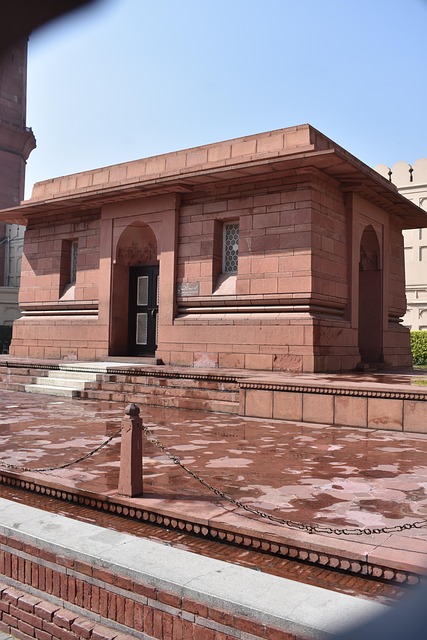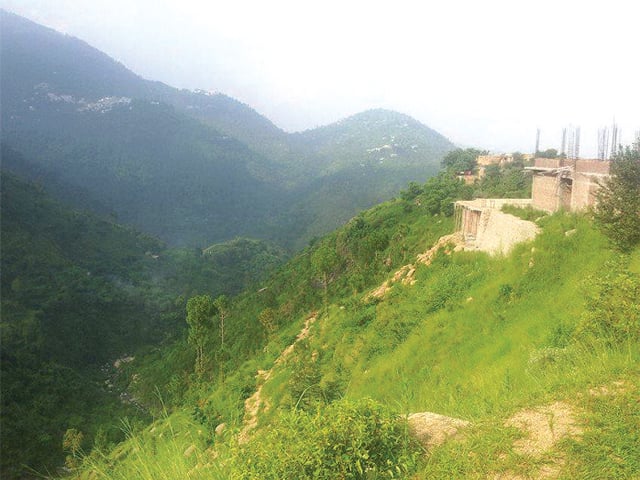مزار سلطان صلاح الدین ایوبیؒ
Yusuf ibn Ayyub ibn Shadhi (c. 1137 – 4 March 1193), commonly known by the epithet Saladin, was the founder of the Ayyubid dynasty. Hailing from an ethnic Kurdish family, he was the first sultan of both Egypt and Syria. An important figure of the Third Crusade, he spearheaded the Muslim military effort against the Crusader states in the Levant. At the height of his power, Ayyubid territorial control spanned Egypt, Syria, Upper Mesopotamia, the Hejaz, Yemen, the Maghreb, and Nubia.
In Saladin’s possession at the time of his death were one piece of gold and forty pieces of silver. He had given away his great wealth to his poor subjects, leaving nothing to pay for his funeral. He was buried in a mausoleum in the garden outside the Umayyad Mosque in Damascus, Syria. Originally the tomb was part of a complex which also included a school, Madrassah al-Aziziah, of which little remains except a few columns and an internal arch. Seven centuries later, Emperor Wilhelm II of Germany donated a new marble sarcophagus to the mausoleum. However, the original sarcophagus was not replaced; instead, the mausoleum, which is open to visitors, now has two sarcophagi: the marble one placed on the side and the original wooden one, which covers Saladin’s tomb.
Image: By No machine-readable author provided. Heretiq assumed (based on copyright claims). – No machine-readable source provided. Own work assumed (based on copyright claims)., CC BY-SA 3.0, https://commons.wikimedia.org/w/index.php?curid=278058





